15, December 2018
Liberia: Biography of President Weah’s Soccer Days Expected Soon 0
President George Weah is indeed one of the most successful soccer players to come from Africa, but there are not enough pieces of information out there about his playing days in Liberia.
A situation veteran sports journalist Omari Jackson, who is now an editor at the Daily Observer newspaper is trying to solve in his upcoming biography of the president, titled the “Untold Story of President Weah.”
The book, which is expected to be out early next year revealed that the first semi-professional contract President signed in the 1980s, with Tonnerre Klara Club of Yaounde of Cameroon was intended for James Salinsa Debbah, but the Liberian all-time high goalscorer turned down the opportunity on three different occasions before it went to George Oppong Weah which he gladly accepted.
Jackson writes that Mohammad Konneh, a Liberian with a Cameroonian mother was disappointed that Debbah had turned down the offer, which was apparently because of the love and acceptance that Liberian soccer fans had for him, including President Samuel Doe.
“I have tried for at least three times to get the boy to agree to play in Cameroon without success. I want you to help me find a quality striker,” Konneh was reported to have pleaded.
“Mr. Konneh,” Mr. Jackson said with some warmth, “since from your experience it does not seem that Salinsa is interested in these series of invitations, could you give it to Oppong (George Weah)? After all, he is the next upcoming player with a future.”
Fortunately, Jackson was able to meet President Weah between the corner of Carey and Gurley Street and told him about the opportunity which he gladly accepted.
“Hello, Oppong.”
“Hello Jackson,” Weah said.
“We have a friend who has just returned from Cameroon with an invitation for you to play a semi-professional soccer career in Cameroon. My man, you are already our wizard dribbler and that you can make it in Cameroon,” Jackson writes in the forthcoming book.
Responding to Jackson’s appeal, Oppong (now president) said: “I am ready to play in Cameroon.”
The positive response from President Weah was enough to motivate Jackson who used his influence and had the Liberia Football Association to invite Tonnerre Klara Club of Yaounde to form part of its 50th-anniversary celebration since the club had interest in the president.
After the 50th-anniversary soccer game, Jackson discloses that President Weah was able to seal the deal with the Cameroon giant, making him the first Liberian player to sign a semi-professional contract.
Complication
Upon his return to Liberia to finalize his trip to Cameroon, Jackson in the book, “Untold Story of President Weah” unveiled a situation that almost destroyed the president’s emerging soccer career.
The problem was a result of strong interest from Simplice Zenzou, an Ivorian soccer lover who was then the owner of the Africa Sports FC who offered President Weah a much better contract to play for his club.
“Weah’s brief meeting with Zenzou created a problem. He had signed a contract in Cameroon for three years, and all of a sudden, the Zenzous boys’ offer came, something which he could not refuse,” Jackson writes.
Fully aware of the consequence of what could have happened if President Weah failed to fulfill his contract with the Cameroonian club, Jackson and journalists (Mozart Dennis and Bana Sackey), took upon themselves to intervene in the situation through Josiah N. Johnson and Sam Burnette Jr., invincible Eleven’s godfather back then.
From that meeting, Johnson and Burnette Jr., went on to convince President Weah to turn down the deal from Africa Sports and keep his bargain with TKC, which he gladly did, Jackson writes.
Debbah and Weah rivalry
The two first cousins have been an internal rivalry from day one of their playing days for IE and Mighty Barrolle respectively in Liberia.
Such rivalry, according to Jackson gained momentum during a particular tournament, style Who Owns the Land where Debbah scored two last-minute goals to help his team Barrolle to defeat President Weah team IE 3-2.
Debbah’s performance from that game earned him the title “The Miracle Man,” a name that Jackson says came as a result of the striker’s exceptional ability to score crucial goals when they were needed.
The helpers who are unknown
President Weah during his playing days in Liberia was supported by lots of people financially and morally some of whom are unknown to the public.
Some of these people, Jackson revealed were Tonia Klay, Lydia Jones, S. Izetta Wesley, D. Sheba Brown and Kadiattu Diara (later Mrs. Findley) who once served as president of Invincible Eleven Majestic Sports Association.
Other strong supporters of President Weah, according to Jackson were Archibald Bernard, former President of IE, now legal adviser to the President and Burnette Jr.
Jackson writes that both men, unlike their Mighty Barrolle counterparts, were willing to let their star player seek greener pasture abroad despite fans protest.
Jackson’s forthcoming book, the “Untold Story of President Weah” provides an in-depth account of the president’s football days in Liberia and shined lights on the role many people supported his effort to get him where he is today. This book answers my questions about President Weah’s playing days in Liberia since the author carefully observed the events that surrounded him and the journey he took from Liberia.
There are other interesting issues that have never appeared anywhere else that Jackson reveals that demonstrates that President Weah’s story is an inspiration any young footballer can peruse for their own progress.
“I’m expecting this book to be out very soon. Hopefully by February of next year, but that will depend on the kind of publishing deal I get,” says Jackson.
Source: Daily Observer

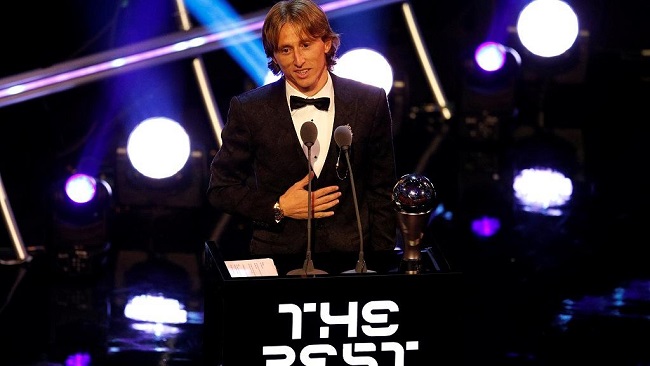
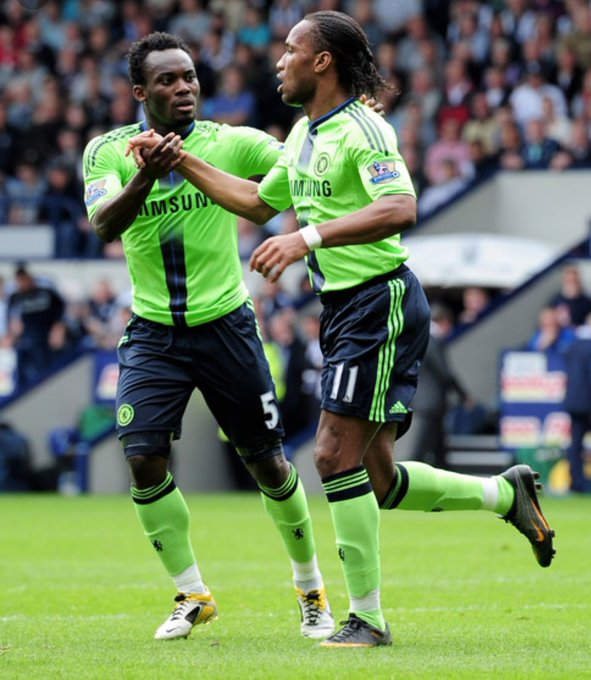
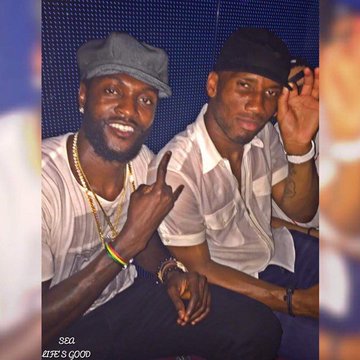




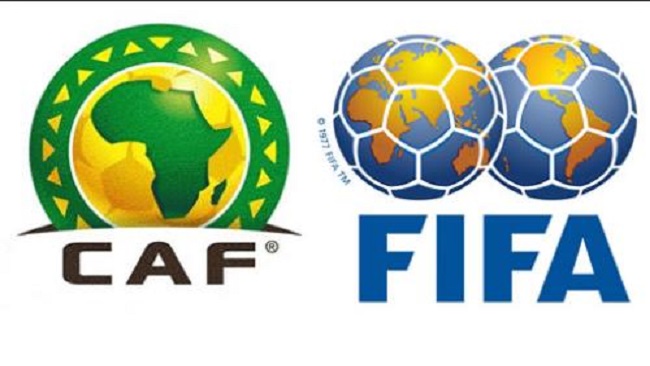
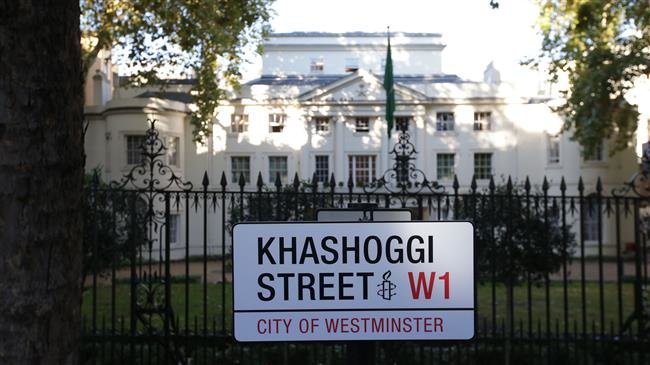

















20, December 2018
Chinese football imposes salary cap in new spending crackdown 0
Chinese football on Thursday imposed a salary cap of 10 million yuan ($1.45 million) a year for domestic players and vowed to kick teams out for so-called “yin-yang contracts”.
The swingeing measures are part of a ramped-up effort by the Chinese Football Association (CFA) to clamp down on big spending and get teams to toe a tougher financial line.
There will also be a limit on bonuses and other financial inducements for domestic players, according state sports channel CCTV5, reporting on an end-of-season CFA conference in Shanghai.
Foreign players are not affected by the salary cap, which will be in place for the new Chinese Super League (CSL) season when it starts in the spring.
Among a raft of other measures, teams must submit contracts for their players and coaches by the end of the year as part of a crackdown on “yin-yang contracts”.
Such contracts — one for the tax man and another with the real value of the agreement — are thought to be widespread in football and showbusiness in China.
If the CFA uncovers any tax-avoidance schemes, the offending player or coach face a ban of between one and three years. Their clubs can be deducted points or even kicked out the league.
Two years ago, Brazilian attacking midfielder Oscar joined CSL side Shanghai SIPG from Chelsea for an Asian-record 60 million euros and Argentine forward Carlos Tevez signed for rivals Shanghai Shenhua, both earning some of the highest wages in world football.
Their high-profile arrivals, along with dozens of other foreign stars such as Brazilians Hulk and Paulinho, triggered fears that Chinese clubs were distorting the international transfer market with overinflated wages and fees.
But the CFA has since moved to stop the splurge and force teams to focus on youth development instead, and there is unlikely to be serious money spent when the winter transfer window opens on January 1.
“The association will draw on the experience of advanced overseas leagues to design comprehensive measures to control high wages, high bonuses, high transfer fees and other issues,” Li Yuyi, CFA vice chairman, said earlier this week, according to Xinhua news agency.
Li added: “If there’s only investment but no clear idea of what the long-term returns are, Chinese football is not sustainable.
“Companies (who own teams) need to understand why invest, what are the rewards and what it contributes to society.”
AFP